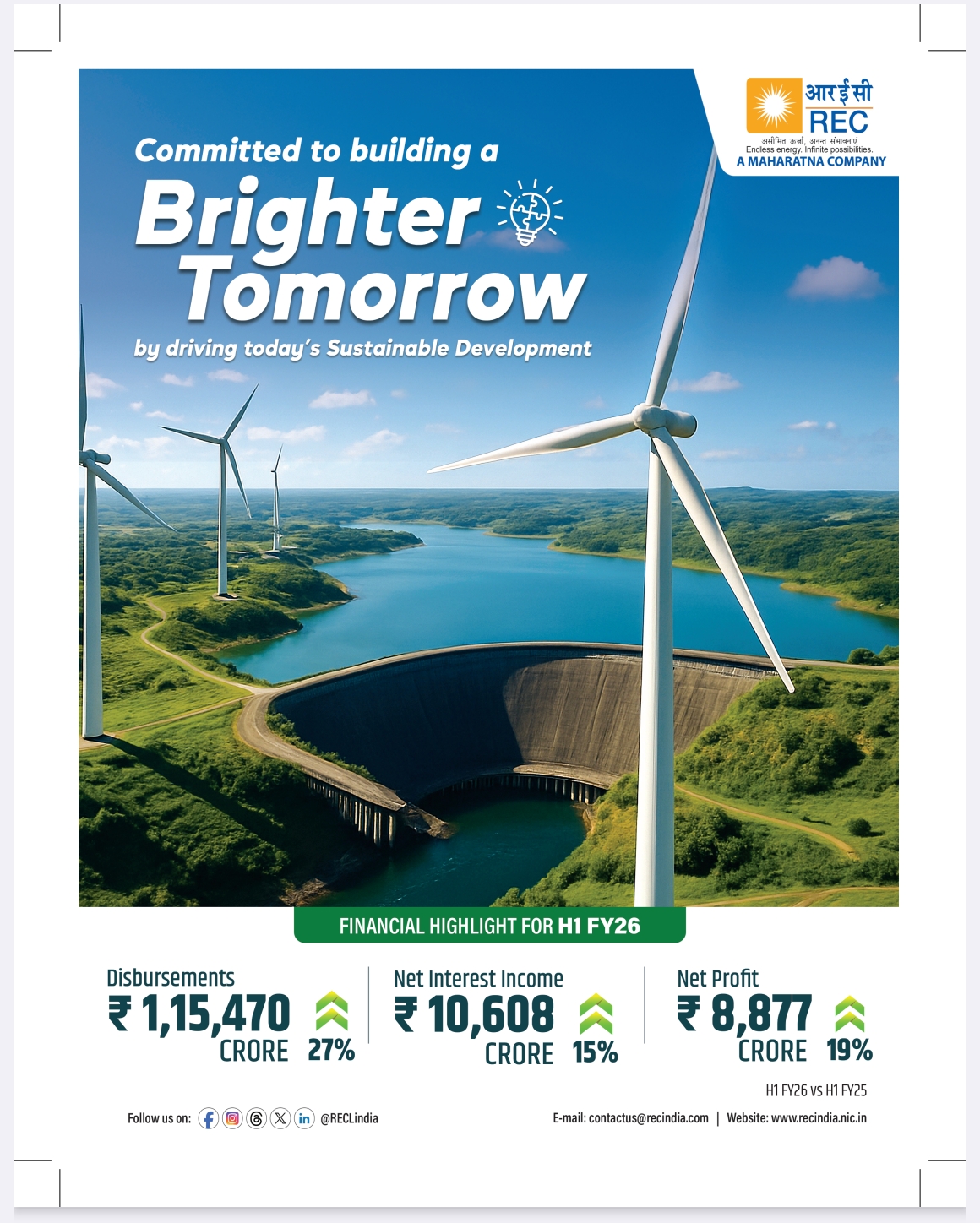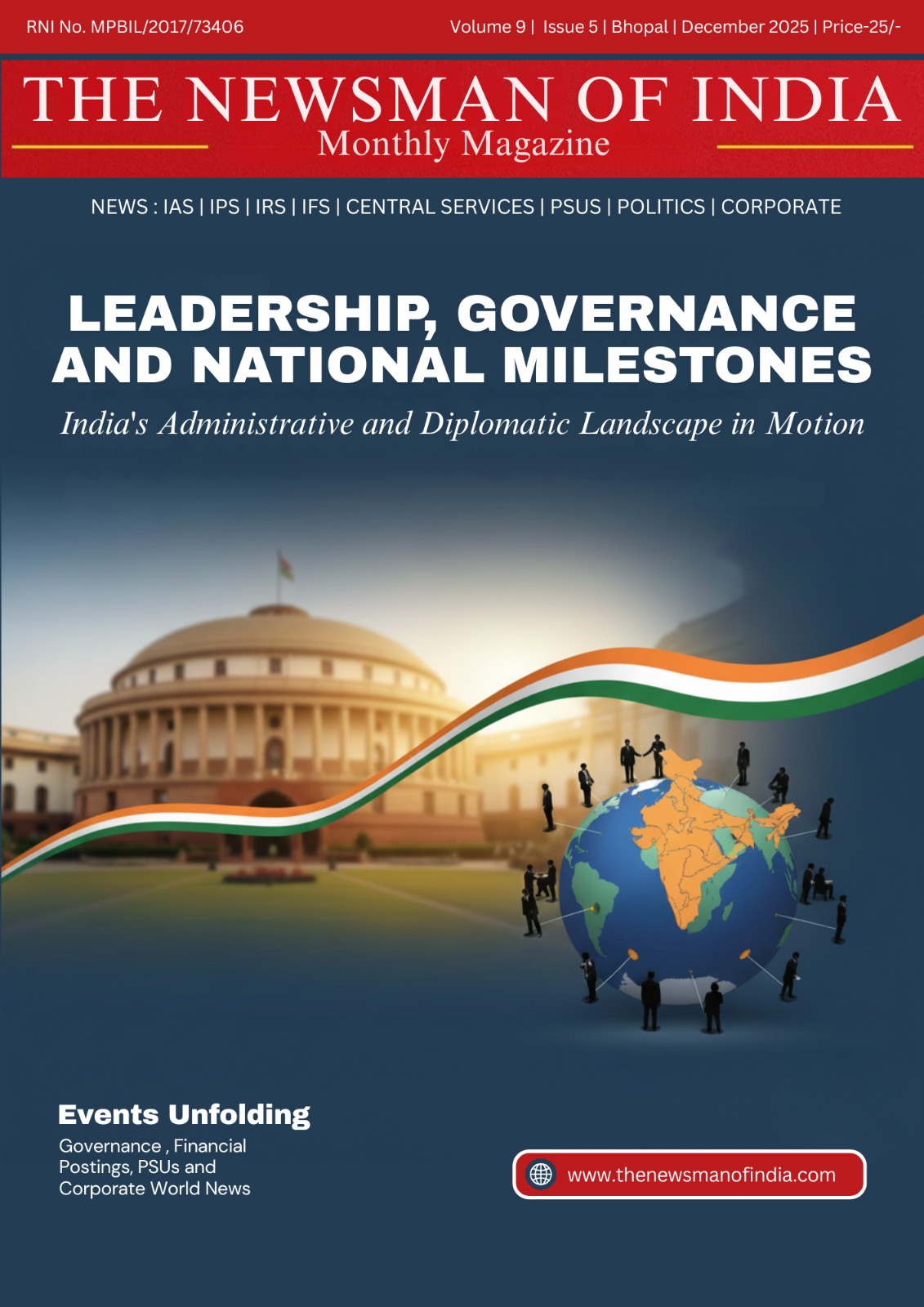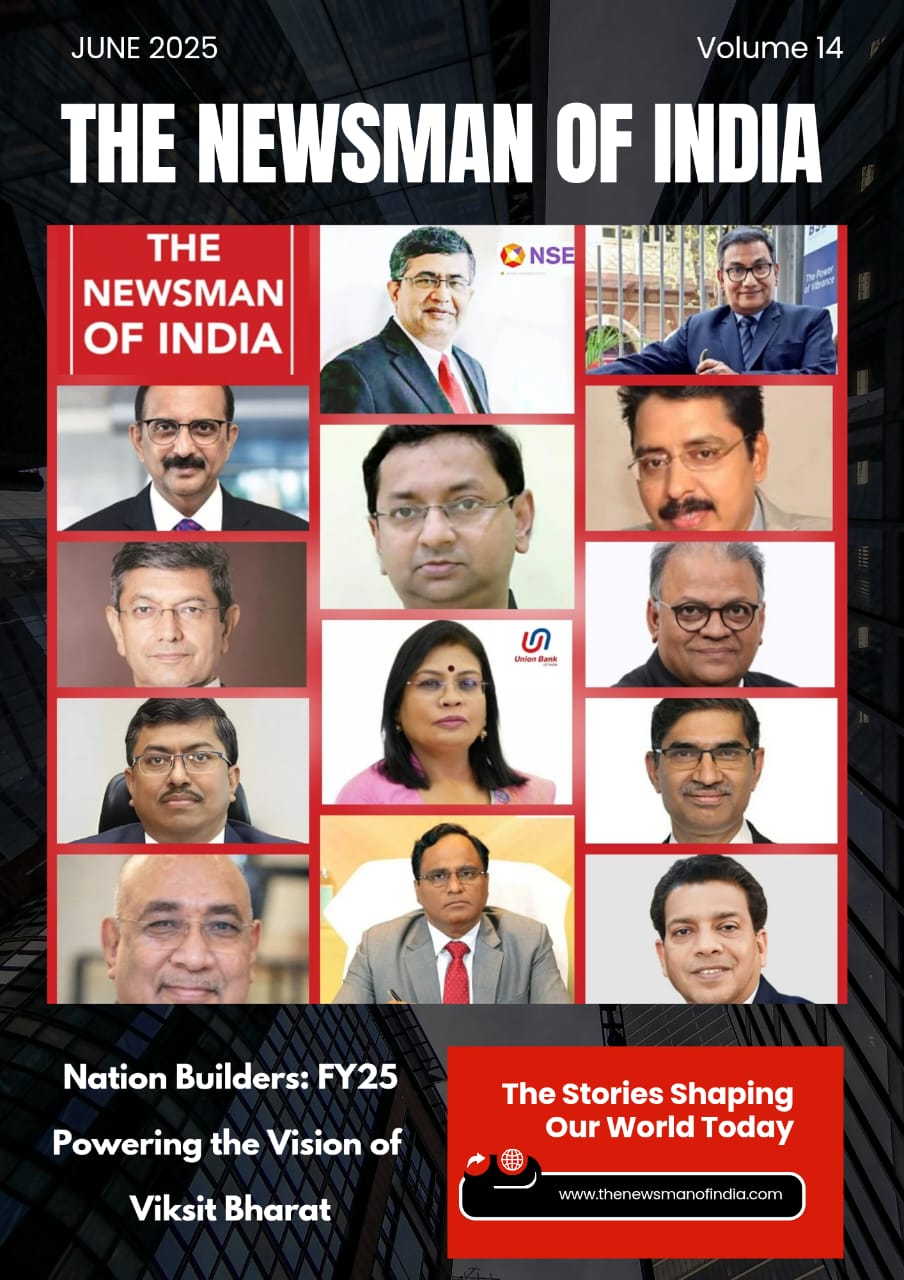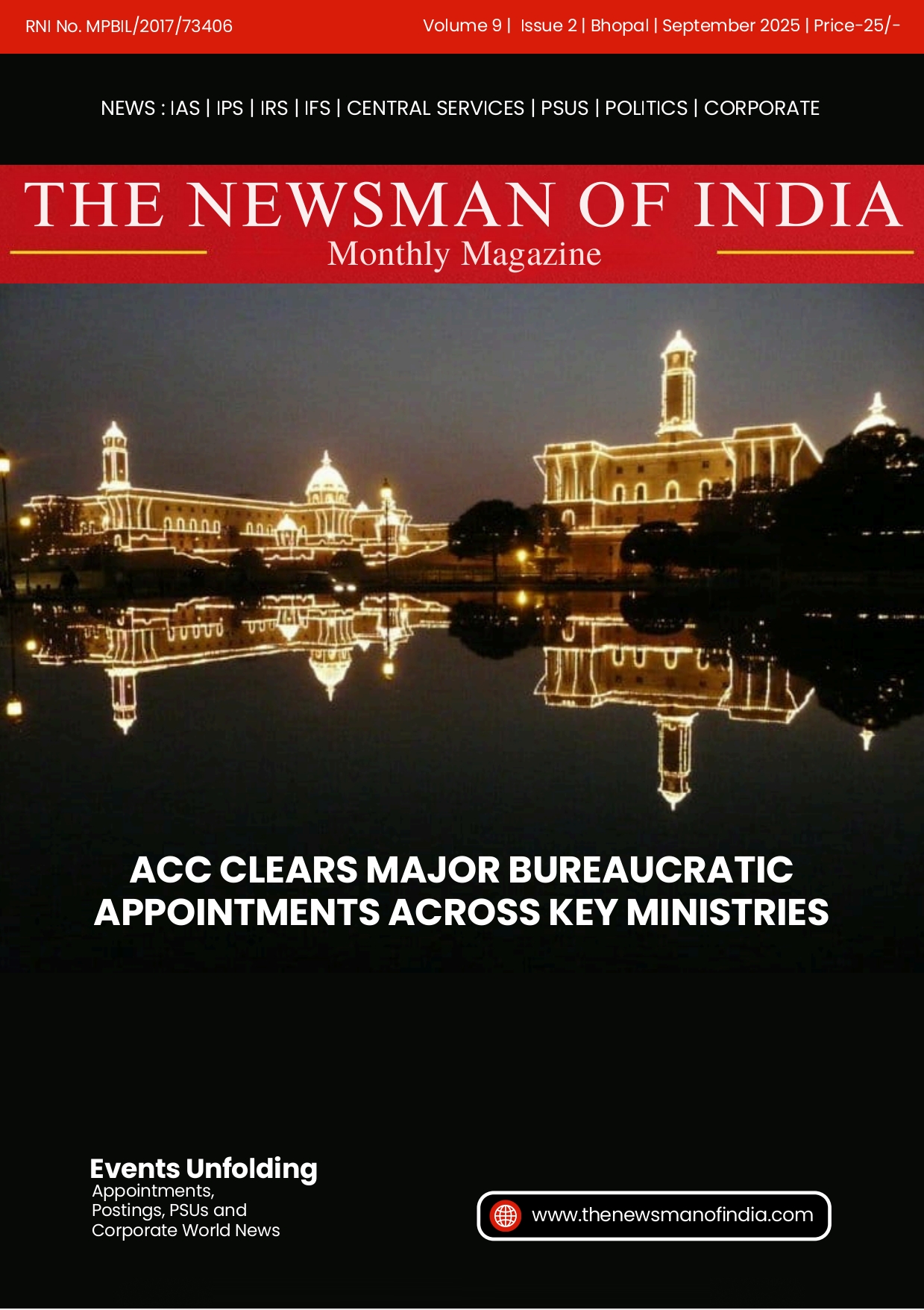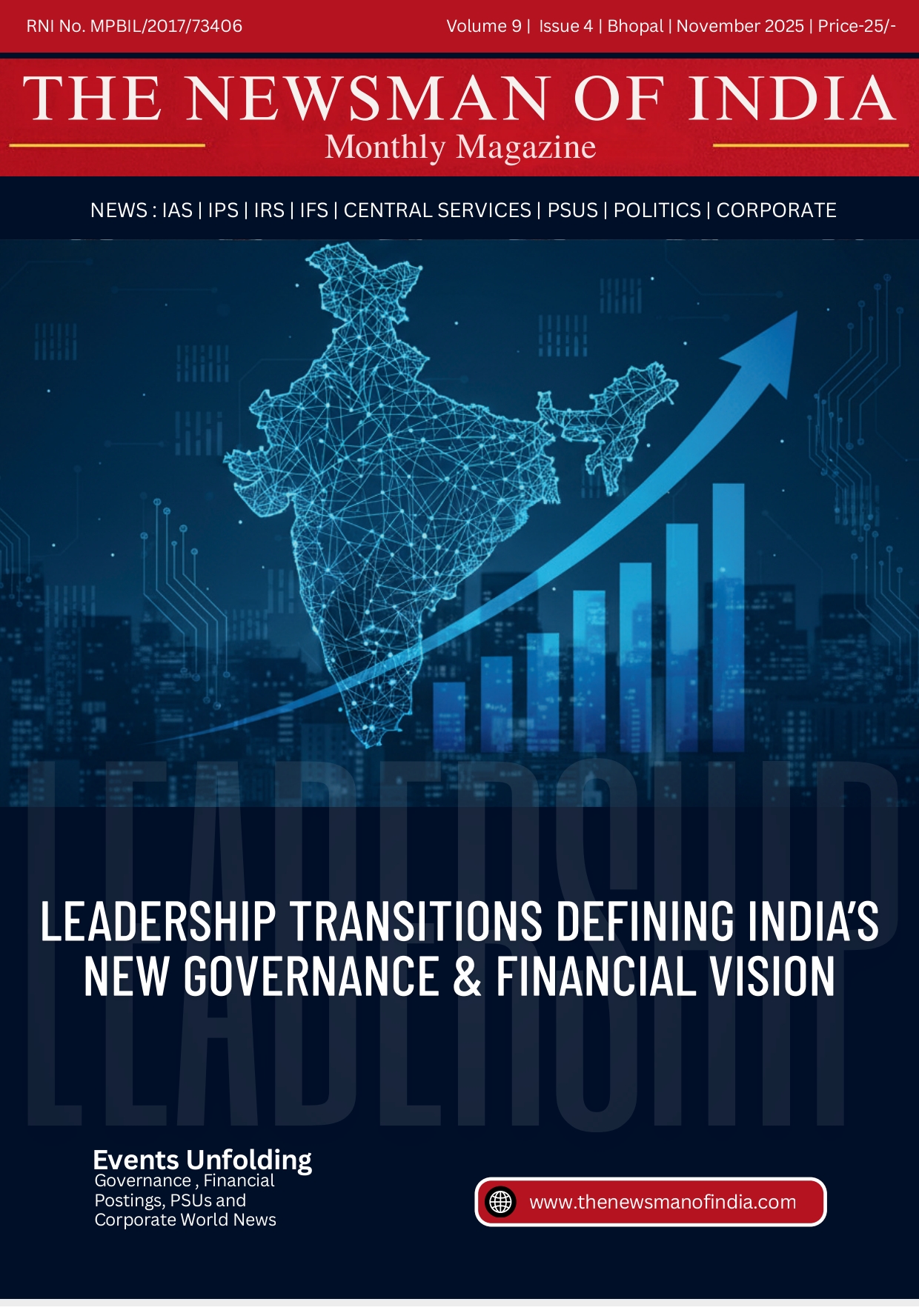Supreme Court stays key provisions of Waqf Amendment Act
Sep 15th, 2025 10:59 am | By ThenewsmanofIndia.com | Category: LATEST NEWS
The Supreme Court on Monday stayed certain provisions of the of the Waqf (Amendment) Act, 2025, until petitions challenging the amendment’s validity is finally decided.
A Bench of Chief Justice of India (CJI) BR Gavai and Justice Augustine George Masih passed the interim order today.
The Court held that a case was not made out to stay the entire amendment, but stayed certain provisions, including the following:
– The requirement that a person has to be a practicing Muslim for 5 years before he can dedicate a property as waqf (Section 3(r)) has been stayed until State rules are framed for examining whether person is a practicing Muslim or not. Without any such rule/ mechanism, the provision will lead to an arbitrary exercise of power, the Court said.
– The Collector cannot be permitted to adjudicate the rights of personal citizens; this will violate separation of powers. Till adjudication happens by the tribunal, no third party rights can be created against any parties. The provision dealing with such powers to the Collector shall remain stayed.
– The Court also addressed the provision allowing the inclusion of non-Muslims in waqf bodies. Not more than 3 non-Muslim members should be included in the waqf board and in total not more than 4 non-Muslims shall be included in the waqf councils for now.
– The Court refused to stay the requirement for registration of waqf properties, considering that this aspect was there in the earlier laws as well. In response to a concern that the time limit provided for registration may have to be modified, the Court said that it has addressed this aspect in its order.
“We have held registration existed since 1995 to 2013.. and again now. So we have held registration is not new,” the CJI said while dictating operative portions of the interim order.
A detailed order copy awaited.
The Court clarified that its observations are only prima facie in nature and will not prevent parties from making further submissions challenging the validity of the Act.










